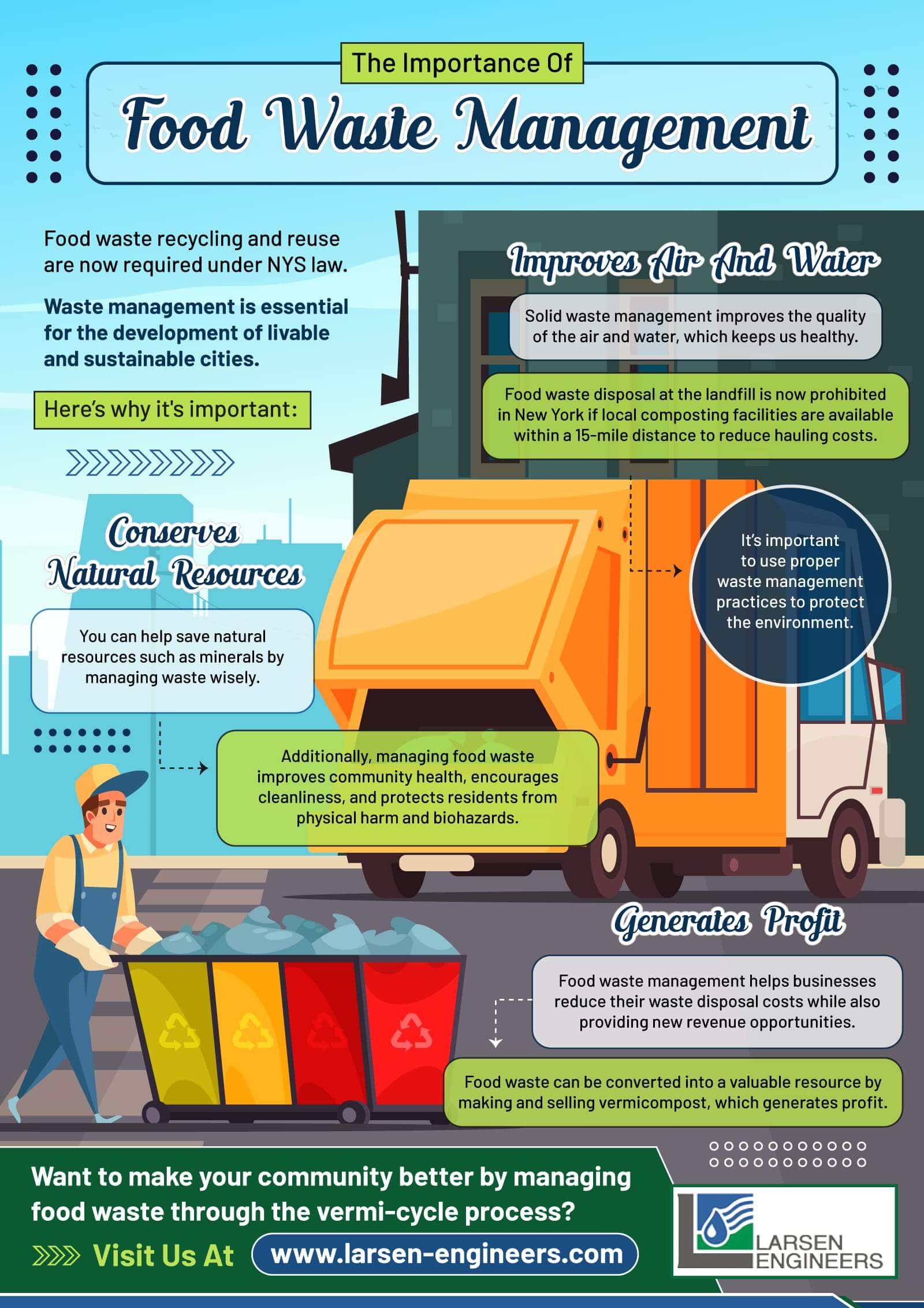Some Known Incorrect Statements About Reclaim Waste
Some Known Incorrect Statements About Reclaim Waste
Blog Article
The Best Guide To Reclaim Waste
Table of ContentsExamine This Report on Reclaim WasteThe 8-Minute Rule for Reclaim WasteNot known Details About Reclaim Waste The Ultimate Guide To Reclaim WasteThe smart Trick of Reclaim Waste That Nobody is Talking About
Residential sewage waste refers to the waste and products from a residential septic tank. The appropriate monitoring and disposal of residential sewage waste require fluid waste to be moved to a sewer treatment plant where the proper approaches and equipment are used to purify and dispose of waste.
Industrial waste frequently consists of potential risks, such as combustible materials or a blend of fluid and strong waste products, and needs an extra advanced and in-depth disposal process. The disposal of commercial waste commonly involves the filtering of waste prior to transport to guarantee secure and proper disposal. Hazardous waste is created from results and runoff of commercial processes and manufacturing.
This kind of waste can not use the very same sewage management transportation or procedures as septic or commercial liquids. The hazardous waste management process needs the examination and screening of liquid waste before it goes through the disposal procedure (liquid waste removal melbourne). Runoff waste is the liquid waste that comes from overflow and excess stormwater in extremely inhabited locations or cities
Runoff waste can cause contamination and flooding otherwise handled correctly. Find out more about sewage system cleaning and waste management. Making sure proper waste administration can avoid calamities and minimize environmental injury. Both people in property settings and experts in commercial or manufacturing sectors can gain from understanding the procedures and laws of fluid waste administration.
The Ultimate Guide To Reclaim Waste
Get in touch with PROS Solutions today to find out about our waste management and disposal services and the proper methods to take care of the liquid waste you produce.
(https://padlet.com/leonaube33101/reclaim-waste-hw71hge954tsaxnp)Do you know what happens to your water when you disengage, purge the commode or drain pipes the cleaning maker? No? Well, it deserves knowing. This so-called 'wastewater' is not only a crucial source but, after therapy, will be launched to our land, waterways or the ocean. Utilized water from bathrooms, showers, baths, kitchen area sinks, washings and commercial processes is referred to as wastewater.

water made use of to cool equipment or clean plant and devices). Stormwater, a form of wastewater, is overflow that moves from agricultural and city areas such as roofings, parks, gardens, roads, courses and seamless gutters right into stormwater drains pipes, after rainfall. Stormwater moves neglected directly to regional creeks or rivers, at some point reaching the ocean.
Reclaim Waste Fundamentals Explained
In Queensland, the majority of wastewater is treated at sewage therapy plants. Wastewater is transferred from domestic or commercial sites through a system of drains and pump terminals, understood as sewerage reticulation, to a sewer therapy plant.
The Division of Natural Resources encourages regional governments about handling, operating and keeping sewage systems and therapy plants. In unsewered locations, city governments may require homeowners to mount specific or family sewer therapy systems to deal with residential wastewater from bathrooms, kitchen areas, restrooms and laundries. The Division of Natural Resources authorizes the usage of home systems when they are verified to be reliable.
A lot of stormwater gets no treatment. In some brand-new communities, treatment of some stormwater to eliminate clutter, sand and crushed rock has actually started utilizing gross toxin traps. Wastewater therapy happens in 4 phases: Removes solid matter. Larger solids, such as plastics and various other objects incorrectly discharged to drains, are removed when wastewater is passed via displays.
Wastewater after that flows into large tanks where solids settle and are eliminated as sludge. Grease and scum are skimmed from the surface area. Uses small living organisms recognizes as micro-organisms to damage down and get rid of remaining dissolved wastes and fine particles. Micro-organisms and wastes are included in the sludge. Removes nitrogen and phosphorus nutrients that might create algal blooms in our waterways and threaten marine life.
A Biased View of Reclaim Waste
Nutrient removal is not readily available at all sewage therapy plants due to the fact that it calls for costly specialised devices. Clear fluid effluent produced after treatment may still contain disease-causing micro-organisms - liquid waste removal.

This generally means wastewater has actually to be dealt with or pollutants eliminated before it can be discharged to rivers. The majority of wastewater moves into the sewerage system. Under the you could look here Act, regional federal governments provide approvals and licences for eco pertinent tasks (Periods) involving wastewater releases that could have a neighborhood effect. The department carries out approvals and permits to Ages involving wastewater launches that may have a regional or statewide effect.
The Definitive Guide for Reclaim Waste
Or else, samples are taken for research laboratory analysis. Commonly numerous examinations are needed to develop the degrees of each of the different toxins such as oils, heavy steels and chemicals in water. Tracking gives accurate details regarding water top quality and can validate that licence conditions are being fulfilled. The info gotten with monitoring offers the basis for making water top quality choices.
Report this page